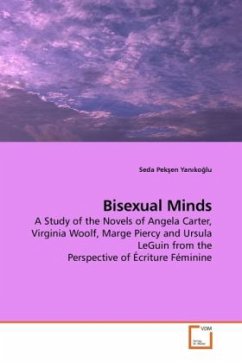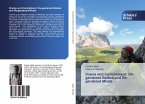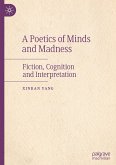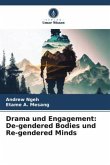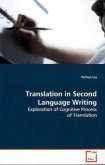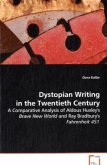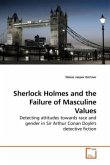This study analyses The Passion of New Eve by Angela Carter, Orlando by Virginia Woolf, Woman on the Edge of Time by Marge Piercy and The Left Hand of Darkness by Ursula Le Guin from the perspective of écriture féminine. After a thorough discussion of the roots of écriture féminine, the theory of the French feminists is put into practice in the analysis of the novels. The study asserts that the concepts of bisexuality, the other and the voice are common elements in novels of écriture féminine, thereby the novelists mentioned in the study follow the propositions of Hélène Cixous, Julia Kristeva and Lucé Irigaray. The argument of the study is that the use of écriture féminine as portrayed with reference to the novels, can be an efficient way in deconstructing the patriarchal system of language. Literature has a significant influence on social life, however women cannot make themselves heard using the language of patriarchy. Therefore an alternative such as écriture féminine is essential. This study shows how this alternative can be practiced in various ways and it also creates the opportunity to consider the possibilities of alternative lives if this kind of thinking is widespread.

